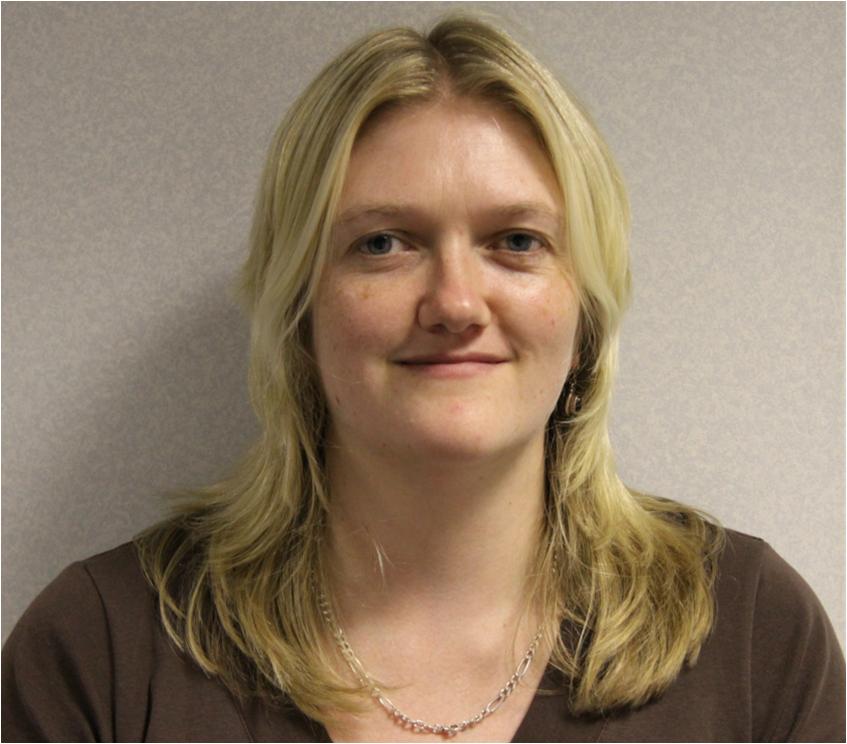Describe briefly how your career has progressed to date.
I was fortunate to get a job, before I finished my Masters, so I finished uni on a Wednesday and started work the next week! I worked for the Environment Agency, first in Anglian Region and then in Wales for nine and half years. My first job was processing water quality data, to identify problem areas and check on progress in rivers where improvement works had been carried out. This gave me a good upstanding about the amount of data available and a reality check on how good it actually is! I then moved on with the EA and became more focused on Permitting. This is the mechanism the EA use to control discharges to water. The needs of the receiving water at each location are assessed before a permit can be issued. I specialized in the assessment of intermittent discharges and discharges to coastal waters, particularly designated bathing and shellfish waters. Just over 2 years ago I started working for Welsh Water (seconded from Imtech Process), on their environment program. Many accused me of being a game keeper turned poacher! My job now is to ensure Welsh Water complies with the requirements of new directives, but also that we keep the costs to bill payers down. I do have some heated arguments with my old EA colleagues. I still feel that I’m doing my bit and making water quality better. Having a different perspective has altered my thinking, I still want water quality to be good, but can see the need to balance the cost and benefits
How well is your job compensated? What is the starting salary for your field, and how much can this be expected to rise?
New Graduates start at about the £20k mark, especially if they get on to a development program. There is usually a fairly steady increase in pay, obviously the best way to increase your salary is to take on new, higher level jobs. I’ve moved job quite frequently, roughly every 18 months, but only changed employer once. With about 10 years experience you can earn £35-40k
How do you see your field developing over the next 5-10 years?
The Water framework directive is the next big challenge to water quality. This may result in a huge amount of improvements being required at sewage treatment works. My big challenge is to understand how the Directive is being implemented and how far water companies should go to meet the requirements. A big issue is that other sectors are not being pushed as far; this will no doubt lead to interesting challenges in the future!

